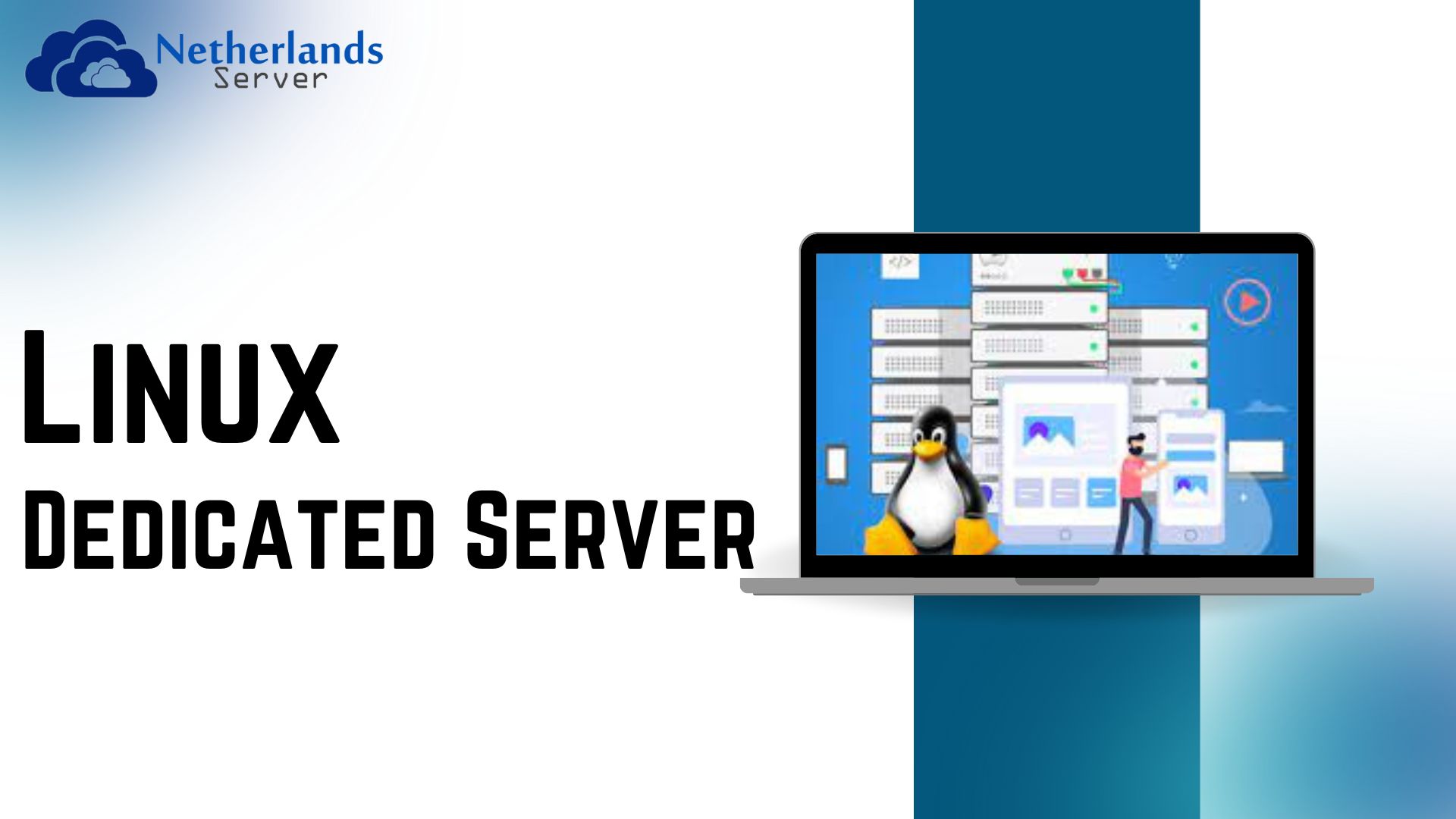Introduction about Linux Dedicated Server
In the realm of web hosting and server management, Linux Dedicated Server have emerged as a powerhouse solution for businesses and individuals seeking top-notch performance, security, and customization options. In this article, we will delve into the world of Best Dedicated Servers, exploring their features, advantages, and best practices for implementation.
What is a Best Dedicated Server?
A Best Dedicated Server is a hosting environment in which an entire physical server is exclusively devoted to a single user or organization. Unlike shared hosting, where multiple users share resources on the same server, a dedicated server ensures that all the server’s resources, including CPU, RAM, storage, and bandwidth, are solely dedicated to the user’s needs.
The use of Linux as the operating system of choice for dedicated servers has gained widespread popularity due to its open-source nature, robust security features, and flexibility. Linux distributions such as CentOS, Ubuntu Server, Debian, and Red Hat Enterprise Linux (RHEL) are commonly deployed on dedicated servers to cater to a diverse range of hosting requirements.
Advantages of Using a Dedicated Server
High Performance and Reliability
When it comes to performance, Dedicated Servers take center stage. By providing exclusive access to server resources, these servers ensure that applications and websites hosted on them can perform optimally, even under heavy workloads. The absence of resource contention guarantees faster response times and seamless operations, making them ideal for resource-intensive tasks.
Enhanced Security Features
Security is a paramount concern for any server deployment, and Buy Dedicated Servers offer robust built-in security features. The Linux community’s proactive approach to identifying and addressing vulnerabilities ensures regular security updates and patches.
Customization and Flexibility
One of the most significant advantages of Right Dedicated Servers is the freedom they provide for customization. Administrators have complete control over the server’s configuration, allowing them to fine-tune the system according to their specific requirements.
Setting Up a Buy Dedicated Server
Selecting Hardware and Hosting Provider
Before diving into the installation process, it’s essential to carefully choose the hardware configuration that aligns with your server’s requirements. Factors such as CPU cores, RAM, storage capacity, and bandwidth should be considered to ensure optimal performance.
Installing the Linux OS
Once you have the necessary hardware and hosting provider, the next step is installing the Linux operating system. Most Linux distributions provide installation media that can be downloaded from their official websites.
Configuring Network Settings
Proper network configuration is vital for seamless communication with other devices and the internet. Assigning appropriate IP addresses, setting up DNS (Domain Name System) servers, and configuring network interfaces ensure that your server can communicate efficiently with other devices on the network.
Securing the Server
Securing your Right Dedicated Server is paramount to protecting it from potential threats. Key security practices include:
- Implementing firewalls to control incoming and outgoing traffic
- Using secure communication protocols, such as SSH (Secure Shell) for remote access
- Disabling unnecessary services and ports to minimize attack vectors
- Setting up strong password policies and using key-based authentication
Managing and Maintaining a Cheap Dedicated Server
Regular Software Updates
Staying up-to-date with the latest software patches and updates is essential for maintaining a secure and stable server environment. Regularly applying security updates protects your server from known vulnerabilities and exploits.
Monitoring Server Performance
Monitoring server performance allows you to keep track of key metrics, such as CPU usage, memory utilization, disk I/O, and network traffic. By proactively monitoring these metrics, you can identify performance bottlenecks and take appropriate measures to optimize your server’s performance.
Backup and Recovery Strategies
Regularly backing up your server’s data is crucial for safeguarding against data loss due to hardware failures, software issues, or accidental deletions. Establishing a robust backup and recovery strategy ensures that you can quickly restore your server to a previous state in case of data loss or system corruption.
Troubleshooting Common Issues
Linux servers may encounter occasional issues, such as network connectivity problems, software conflicts, or application errors. Developing troubleshooting skills and familiarizing yourself with common Linux issues can significantly reduce downtime and prevent potential disruptions.
Conclusion
Cheapest Dedicated Server empower businesses and individuals to harness the full potential of performance, security, and customization options. Their exclusive access to server resources, coupled with Linux’s reliability and security features, makes them a popular choice for a wide range of hosting needs.
In the ever-evolving landscape of web hosting and server management, Dedicated Servers continue to shine as a versatile and powerful option for those seeking exceptional performance, security, and customization capabilities.
FAQs
Q1. Is a Dedicated Server suitable for beginners?
While Buy Dedicated Servers offer unparalleled performance and customization options. They may not be the best choice for beginners with limited server administration experience. Setting up and managing a dedicated server requires a good understanding of Linux systems, networking, and security practices.
Q2. Can I switch between different Linux distributions on a Dedicated Server?
Yes, you can switch between different Linux distributions on a Dedicated Server. However, it’s essential to note that switching the Linux distribution involves reinstalling the operating system and potentially migrating data and configurations.
Q3. What kind of support can I expect for a Right Dedicated Server?
The level of support for a Linux Dedicated Server depends on the hosting provider and the type of plan you choose.
Q4. Can I host multiple websites on a Linux Dedicated Server?
Yes, you can host multiple websites on a Linux Dedicated Server. By configuring virtual hosts on your web server software (e.g., Apache or Nginx), you can serve multiple websites from the same server.
Q5. Is a Linux Dedicated Server more secure than other hosting options?
While Dedicated Servers are known for their robust security features. The overall security of any server depends on various factor including the server’s configuration, regular security updates, and the user’s security practices.
